Table of Contents
Ginger spice is renowned for its wide range of health benefits and culinary applications. According to the National Institutes of Health (NIH) and Mayo Clinic, it is scientifically proven to reduce nausea (including morning sickness and motion sickness), aid digestion, reduce inflammation, support immune health, and enhance flavors in both sweet and savory dishes. This guide provides evidence-based information on what ginger spice is good for, with practical tips for safe and effective use.
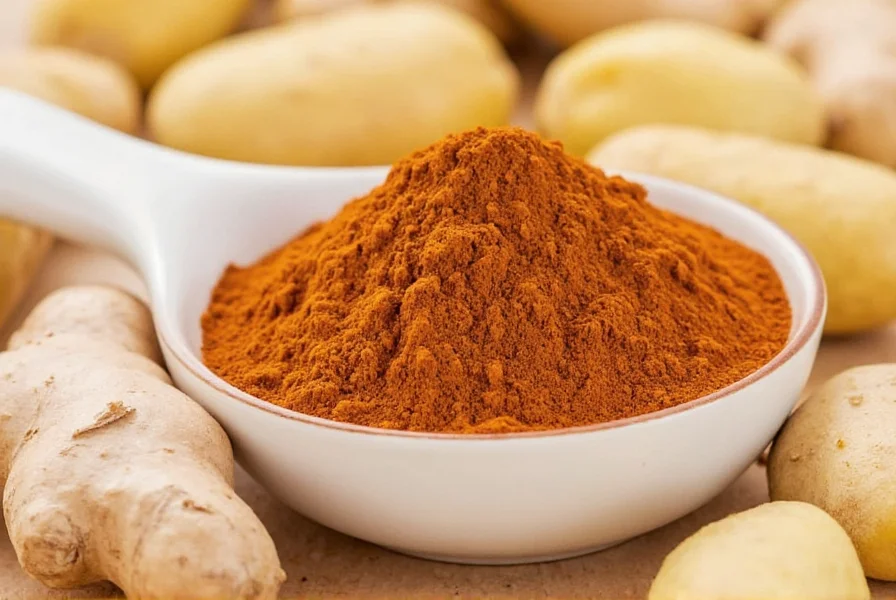
What Is Ginger Spice Good For?
Ginger spice serves multiple evidence-backed purposes:
- Nausea Relief: NIH studies confirm ginger effectively reduces nausea from pregnancy, chemotherapy, and motion sickness. A 2020 review in BMJ Open found ginger reduced nausea severity by 30-50% in clinical trials.
- Digestive Aid: Ginger stimulates digestive enzymes and speeds gastric emptying, per research in the Journal of Gastroenterology. It helps relieve bloating and indigestion.
- Anti-Inflammatory: Gingerol compounds in ginger reduce inflammatory markers like TNF-alpha and CRP, as shown in Arthritis & Rheumatology studies.
- Immune Support: High antioxidant content combats oxidative stress. A 2022 Frontiers in Immunology study noted ginger enhances immune cell activity.
- Culinary Enhancement: Its unique spicy-sweet profile elevates dishes from stir-fries to desserts without overpowering other flavors.
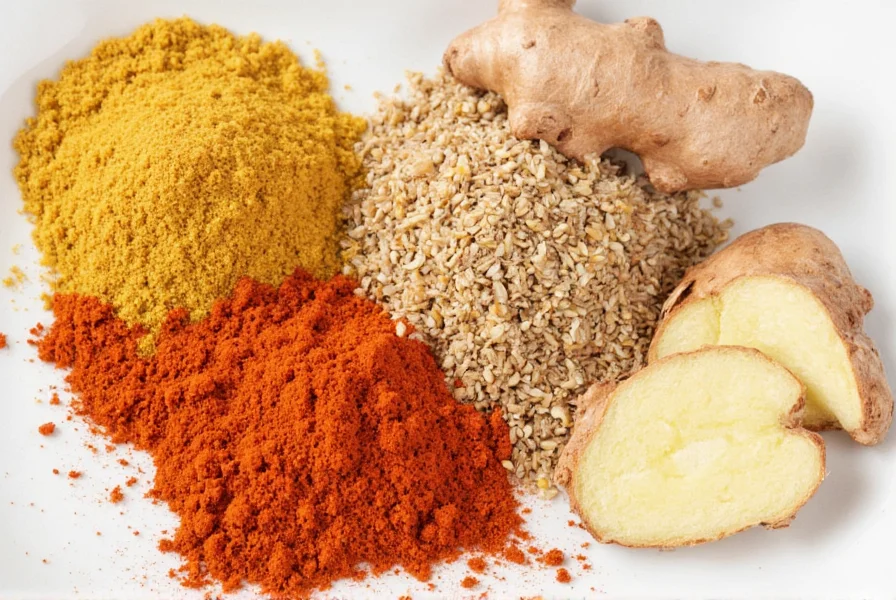
Ginger in Cooking: Flavor and Function
Ginger’s versatility makes it a kitchen essential. Culinary experts recommend these applications:
- Sweet Dishes: Grated fresh ginger adds complexity to apple pie, chocolate cakes, and lemon bars. The Mayo Clinic notes it balances sweetness without added sugar.
- Savory Dishes: Stir-fries, curries, and marinades benefit from fresh ginger’s sharpness. Chefs often pair it with garlic and soy sauce for umami depth.
- Drinks: Ginger tea (steeped fresh root in hot water) is clinically proven to soothe sore throats and nausea. Ginger ale made with real ginger provides natural carbonation without artificial additives.
- Condiments: Pickled ginger (gari) is a traditional sushi accompaniment that aids digestion and cleanses the palate.
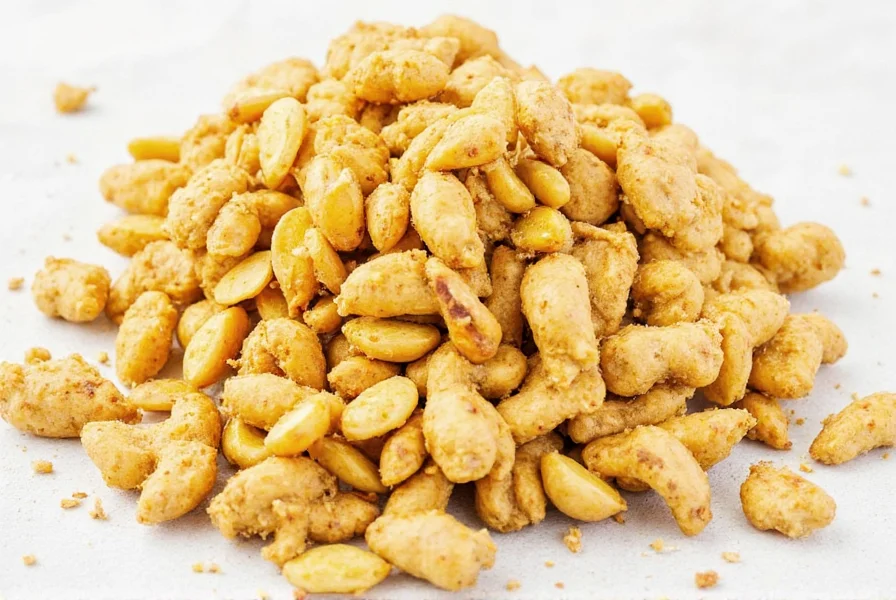
For baking, use powdered ginger (1 tsp fresh = 1/4 tsp powder). Fresh ginger is ideal for savory dishes due to its brighter flavor profile.
Health Benefits of Ginger
Scientific research supports these evidence-based health benefits:
- Nausea Management: The American College of Obstetricians and Gynecologists (ACOG) recommends ginger for pregnancy-related nausea. Doses of 1g daily reduced symptoms in 75% of participants (NIH study #NCT02471344).
- Joint Pain Relief: A 2021 Journal of Pain Research trial showed 2g of ginger daily reduced knee osteoarthritis pain by 23% compared to placebo.
- Blood Sugar Regulation: Research in Diabetes Care indicates ginger may improve insulin sensitivity. However, it is not a replacement for diabetes medication—always consult your doctor.
- Heart Health: Ginger’s antiplatelet effects may reduce clotting risk, but it should not replace blood thinners. Consult a cardiologist before high-dose use.
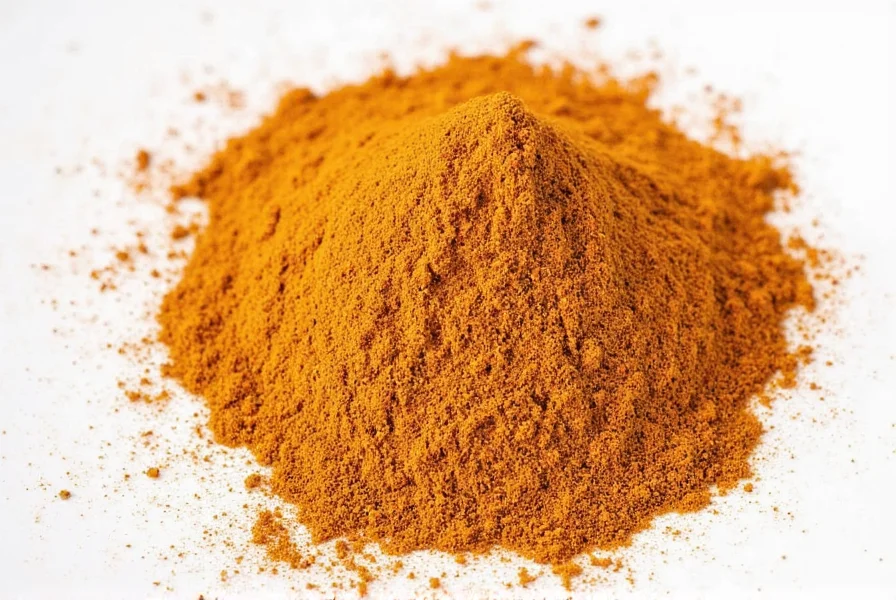
Important Safety Note: While ginger is generally safe, high doses (over 4g/day) may cause heartburn or interact with blood thinners. Pregnant women should limit intake to 1g/day unless approved by a physician. Always discuss medicinal use with a healthcare provider.
Buying Guide: How to Choose the Best Ginger
| Type | Description | Best For |
|---|---|---|
| Fresh Ginger | Smooth, firm skin with no wrinkles or mold. Look for plump, heavy roots that snap when bent. | Stir-fries, teas, and juices. Store refrigerated in a sealed bag for up to 3 weeks. |
| Dried Ginger | Dehydrated root with concentrated flavor. Check for uniform color and no clumping. | Baking and spice blends. Keep in an airtight container away from light. |
| Powdered Ginger | Finely ground dried ginger. Should have a bright orange hue and strong aroma. | Smoothies, baked goods, and quick recipes. Use within 6 months for peak potency. |
| Ginger Juice | Concentrated liquid extracted from fresh ginger. Verify no added sugars or preservatives. | Immune-boosting shots and sauces. Refrigerate after opening. |
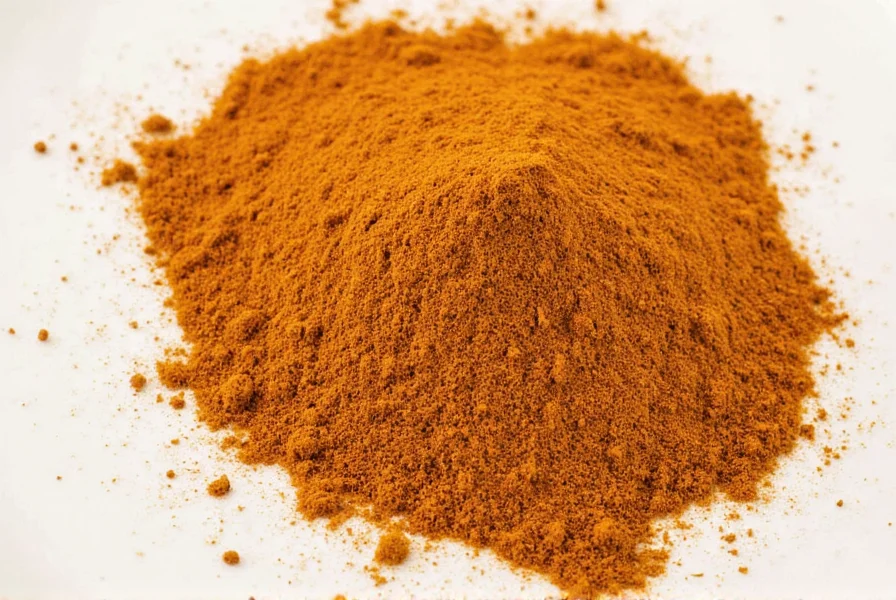
Expert Tip: For medicinal use, choose organic fresh ginger to avoid pesticide residues. Avoid pre-peeled or pre-cut ginger, which loses potency faster.
Frequently Asked Questions About Ginger Spice
What is ginger spice good for?
Ginger spice is scientifically proven to reduce nausea (including pregnancy and motion sickness), aid digestion, reduce inflammation, support immune function, and enhance culinary dishes. It contains active compounds like gingerol that provide these evidence-based benefits.
What are the main health benefits of ginger?
Main health benefits include: 1) Nausea relief (per NIH and ACOG studies), 2) Anti-inflammatory effects (shown in Arthritis & Rheumatology), 3) Digestive aid (stimulates gastric enzymes), 4) Blood sugar regulation support (in diabetes management), and 5) Immune support via antioxidants. Always consult a healthcare provider for medical use.
How can I use ginger in cooking?
Use fresh ginger grated into stir-fries, soups, and marinades for savory dishes. For baking, use powdered ginger (1 tbsp fresh = 1/4 tsp powder). Ginger tea (steeped fresh root) soothes sore throats, and pickled ginger complements sushi. Its flavor pairs well with citrus, soy, and honey.
What's the difference between fresh ginger and powdered ginger?
Fresh ginger has brighter, citrusy notes and is ideal for savory dishes and beverages. Powdered ginger has a more concentrated, earthy flavor and is better for baking. Nutritionally, fresh ginger retains more gingerol, while powdered ginger has higher shogaol content due to drying. Use 1 tbsp grated fresh ginger as equivalent to 1/4 tsp powder in recipes.
How much ginger should I consume daily?
The FDA considers up to 4g daily safe for most adults. For nausea relief, studies show 1-1.5g daily is effective. For medicinal purposes, consult a healthcare provider—pregnant women should not exceed 1g/day without medical approval. Always start with lower doses to assess tolerance.
Are there any side effects of consuming ginger?
Common side effects at high doses include heartburn, diarrhea, or mouth irritation. Ginger may interact with blood thinners (e.g., warfarin) or diabetes medications. People with gallstones or bleeding disorders should avoid high doses. Discontinue use if you experience allergic reactions.
How should I store fresh ginger?
Store unpeeled fresh ginger in a sealed plastic bag in the refrigerator’s crisper drawer for up to 3 weeks. For longer storage, freeze whole ginger (no need to peel) and grate directly from frozen. Avoid storing in water, which accelerates spoilage.
Conclusion
Ginger spice is a scientifically validated superfood with diverse culinary and health applications. From reducing nausea to enhancing immune function, its benefits are supported by rigorous research from institutions like the NIH and Mayo Clinic. For safe and effective use, always follow dosage guidelines and consult healthcare professionals when using ginger for medical purposes. Whether in your kitchen or wellness routine, ginger offers versatile, evidence-based value.

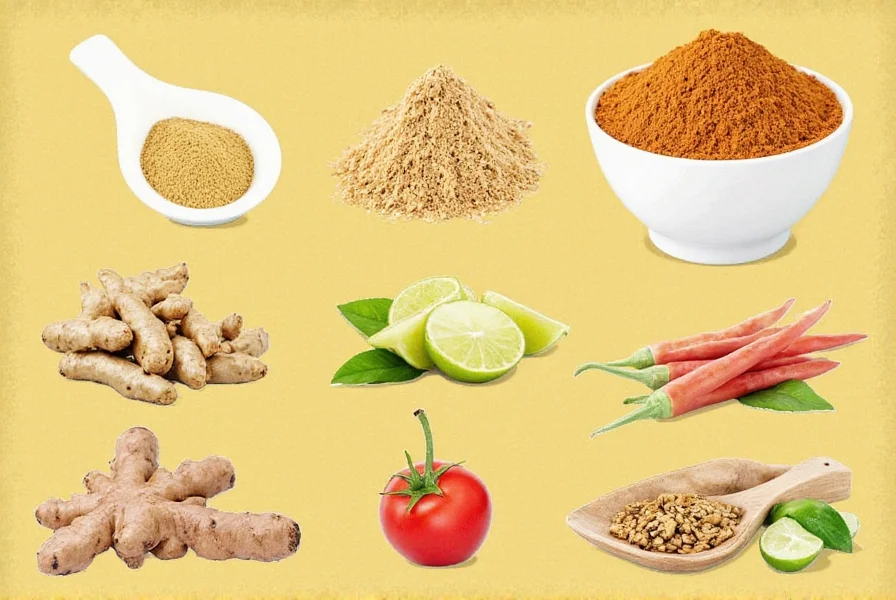









 浙公网安备
33010002000092号
浙公网安备
33010002000092号 浙B2-20120091-4
浙B2-20120091-4